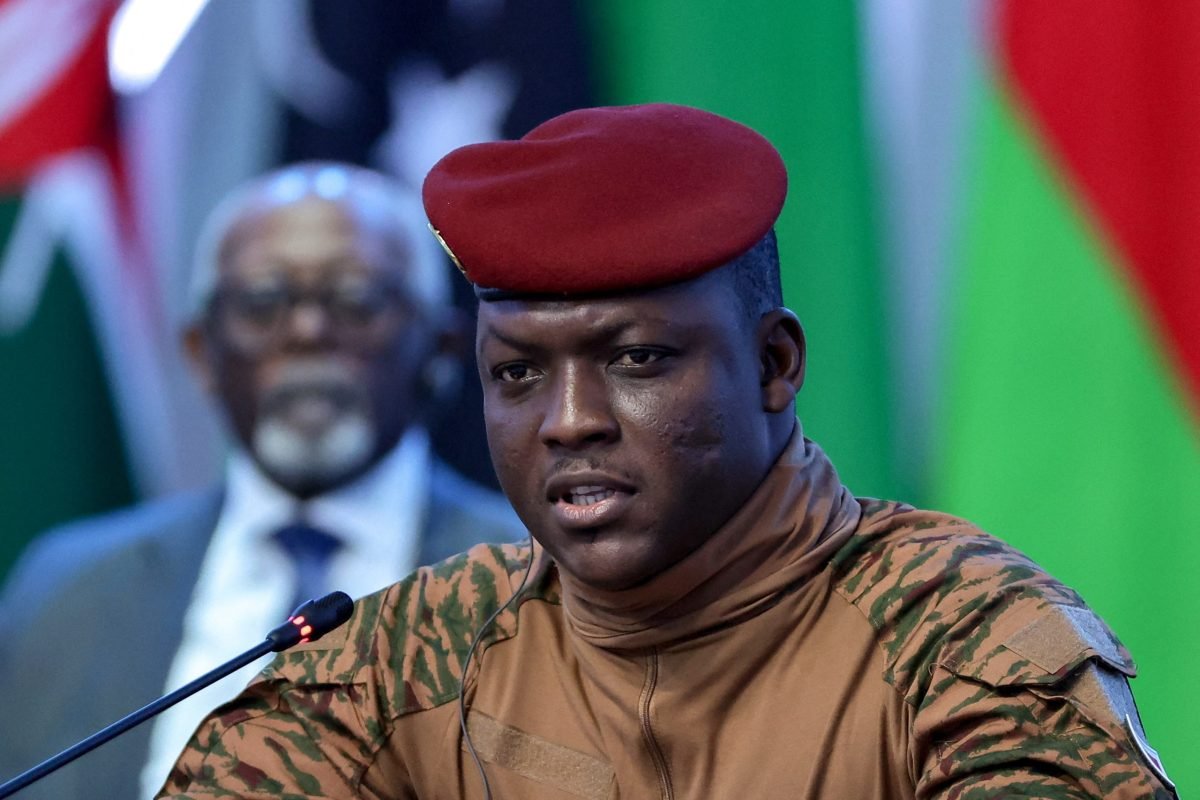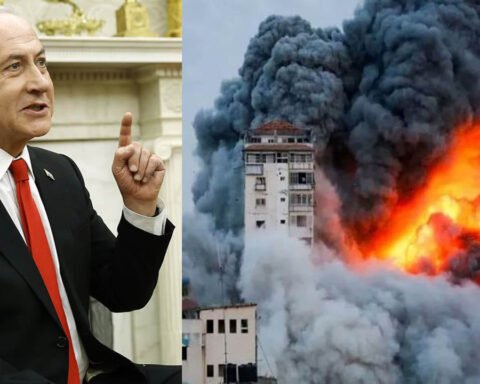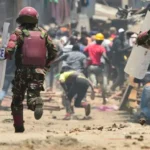The military rulers of Burkina Faso have abolished the country’s Independent National Electoral Commission, CENI, transferring all voting duties to the Ministry of Territorial Administration.
State broadcaster RTB relayed the decree on 17 July 2025, quoting officials who called the commission a costly “pipeline for foreign influence.” (AP News)
Speaking after the weekly cabinet meeting, Interior chief Emile Zerbo told reporters that CENI’s annual budget—about US $870,000—was “unsustainable for a nation at war with insurgency.” Eliminating the body, he argued, will “tighten fiscal discipline, reinforce sovereign control of elections and blunt outside pressure.” (AP News)
The move deepens a pattern of institutional reshuffling launched after Captain Ibrahim Traoré seized power in a September 2022 coup. Traoré’s junta suspended a promised 2024 ballot and later rewrote the transitional charter, granting itself until July 2029 to hand power back to civilians—an extension that also allows the captain to run for president. (France 24)
Critics fear that folding electoral logistics into a security ministry removes the last veneer of independence from Burkina Faso’s voting machinery. The Centre for Democratic Development warned in a statement that “placing ballots under soldiers’ command jeopardises transparency and raises the spectre of managed outcomes.”
Burkina Faso now joins fellow junta‑ruled neighbours Mali and Niger in concentrating election oversight within executive agencies. All three regimes are members of the Alliance of Sahel States, a 2024 confederation that champions “sovereign democracy” and regularly denounces Western meddling. (Wikipedia)
Analysts at the International Crisis Group note that the Sahel trio have expelled French troops, courted Russian security contractors and tightened media laws—all while delaying polls meant to restore civilian rule. The dissolution of CENI, they say, “fits a broader script of power consolidation under the language of sovereignty.”
Also Read; Trump Expands Global Tariffs, Over 150 Nations Affected
Under Burkina Faso’s revised electoral code, the Interior Ministry will draft voter rolls, station security forces at polling sites and tally results. No provision has yet been made for an independent audit or foreign observer mission. Zerbo insisted that “international partners may monitor if they respect our sovereignty,” but offered no mechanism for accreditation.
Civil‑society leader Safiatou Ouédraogo of the Balai Citoyen movement countered that without CENI’s multi‑party oversight board, villagers “will have to trust the same men with guns who already run the courts, the treasury and the airwaves.” Opposition parties, many operating in exile, called the decree a “judicial coup inside a coup.”
Supporters of Traoré argue that an elected government cannot take root while al‑Qaeda‑ and ISIS‑linked insurgents control swathes of the north and east. More than two million people are internally displaced, and nearly half the country’s communes are under emergency rule. For junta loyalists, diverting CENI’s budget to front‑line logistics is a pragmatic choice.
Yet diplomats in Ouagadougou worry that the longer elections are postponed—and the fewer checks remain on the process—the harder it will be to convince sceptical voters, lenders and aid agencies that any future ballot reflects popular will rather than military strategy.







